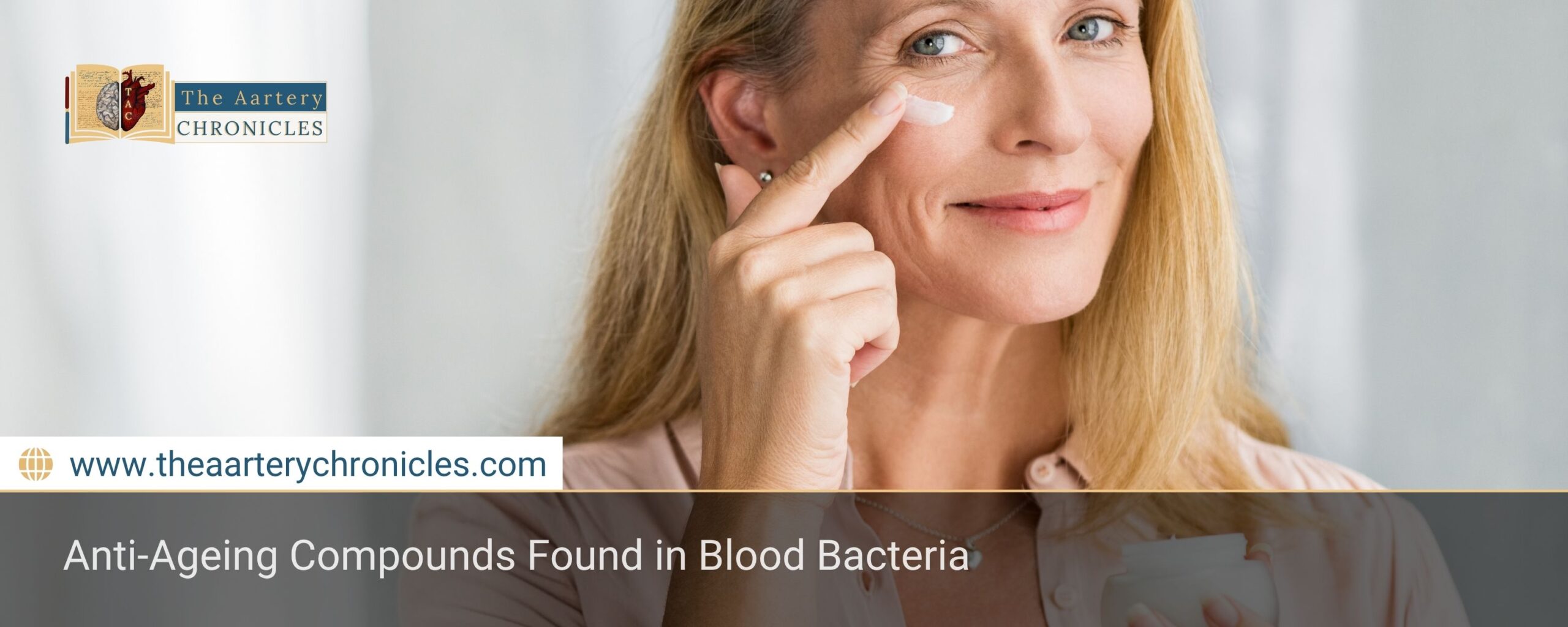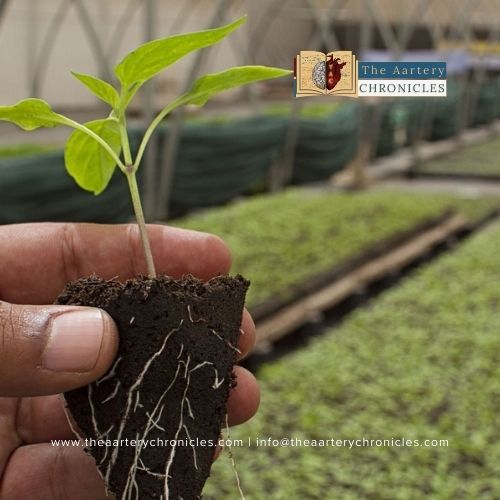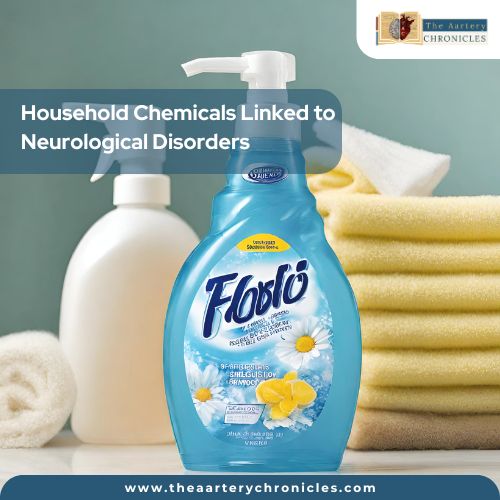

Is the Fountain of Youth Flowing in Your Blood?
Summary: Scientists have discovered three anti-ageing molecules naturally produced by a blood-borne bacterium, Paracoccus sanguinis. These compounds reduce inflammation, oxidative stress, and collagen breakdown in skin cells, making them promising candidates for future skin care breakthroughs.
Anti-Ageing Compounds Found in Blood Bacteria
We spend billions globally on anti-ageing creams, serums, and facials. But what if the secret to youthful skin was already flowing inside us? According to a new study published in the Journal of Natural Products, scientists have found three powerful anti-ageing compounds made by bacteria living in the bloodstream. These molecules reduced inflammation and signs of skin ageing in lab-grown human cells, revealing a new path for skin care innovation.
The Surprising Source: A Blood-Dwelling Bacterium
Paracoccus sanguinis, a rare bacterium discovered in the human bloodstream back in 2015. This microbe produces a group of natural chemical compounds called indole metabolites, already known for their
- Anti-inflammatory
- Antimicrobial benefits
“We became interested in P. sanguinis because blood-derived microbes are a relatively uncharted area of research,” explains lead researcher Chung Sub Kim. “Given the unique environment of the bloodstream, we believed that studying individual species like P. sanguinis could reveal previously unknown metabolic functions relevant to health and disease.”
Breaking Down the Discovery
To investigate, researchers grew cultures of P. sanguinis for three days, then extracted the chemicals it produced. Using advanced tools like spectrometry, isotope labelling, and computational analysis, they identified 12 distinct indole metabolites, including six never seen before.
Putting Anti-Ageing Claims to the Test
The real test? Seeing how these indole compounds affect human skin cells.
Researchers exposed cultured human skin cells to oxidative stress, simulating ageing by increasing reactive oxygen species (ROS), which are notorious for causing
- Inflammation
- Collagen breakdown
When treated with the indole compounds, three stood out. These molecules, two of which were newly identified, reduced:
- Reactive oxygen species (ROS)
- Inflammatory proteins
- Collagen-damaging enzymes
This means, even under damaging conditions:
- Less stress
- Less inflammation
- Better skin integrity
Also Read:Ageing and Elderly care
What This Means for Future Skin Care
The discovery of these anti-aging molecules could revolutionise the cosmetic and dermatological industries. Instead of applying external agents, future skin care products might harness what’s already inside our bodies, amplified by science.
Researchers caution that this is just the beginning. More studies are needed before these metabolites become ingredients in your next moisturizer. But the findings are promising.
Your Body Might Already Hold the Cure for Ageing Skin
Instead of looking outside for solutions, scientists are turning inward, literally. These natural blood-derived molecules show potential to fight
- Skin ageing
- Inflammation
- Oxidative stress
As research evolves, we could soon see skincare powered by our very own internal microbiomes.

Dane
I am an MBBS graduate and a dedicated medical writer with a strong passion for deep research and psychology. I enjoy breaking down complex medical topics into engaging, easy-to-understand content, aiming to educate and inspire readers by exploring the fascinating connection between health, science, and the human mind.








